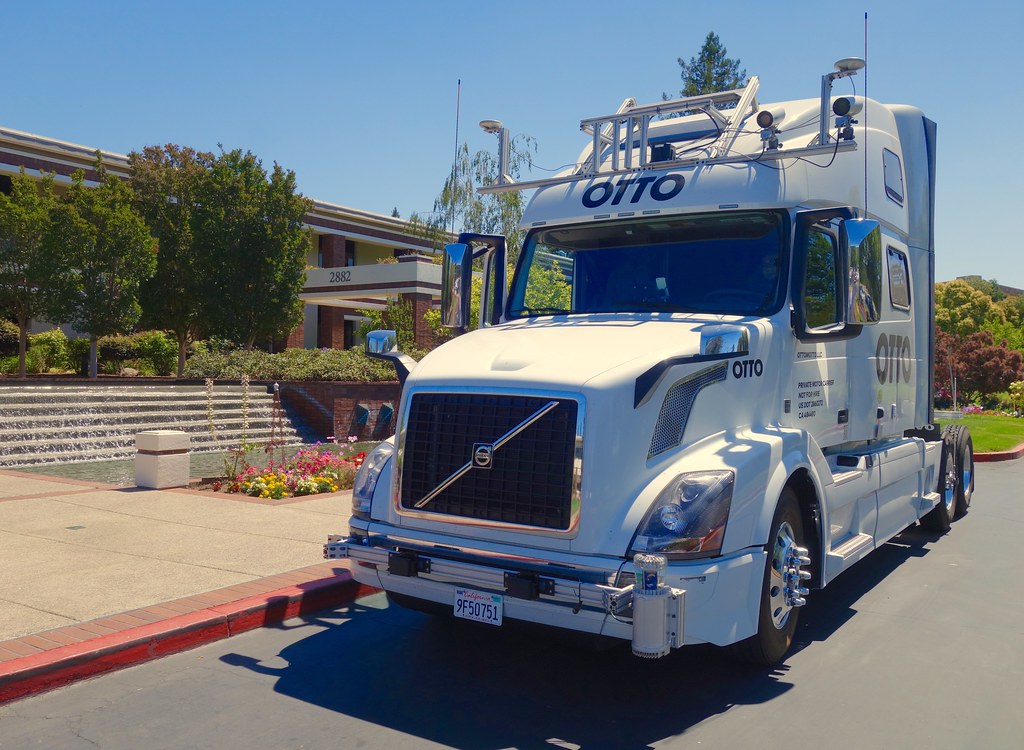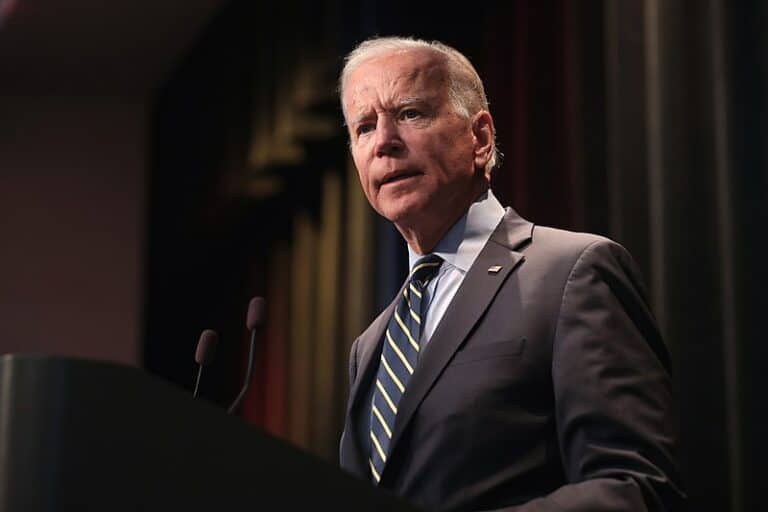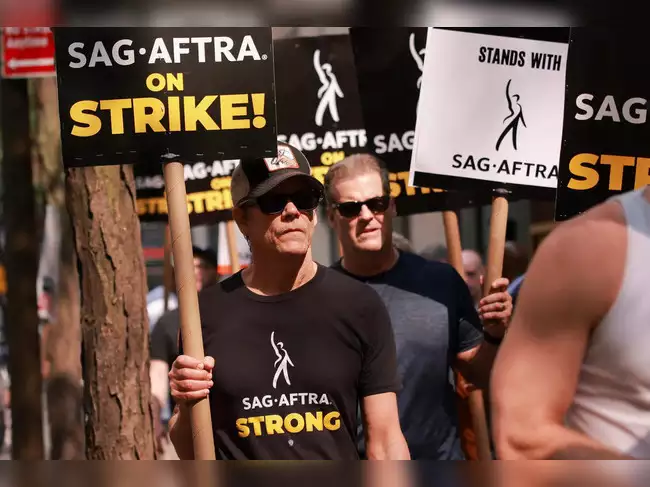
Maddie Chang is a student at Harvard Law School.
In today’s Tech@Work, home security apps popular in India are re-purposed for the surveillance and performance rating of domestic workers; and lawmakers in California grapple with the future of autonomous trucks.
As reported in Rest of World, two home security apps MyGate and NoBrokerHood, which operate in 40,000 residential complexes in India, have increased the surveillance of domestic workers. The apps alert homeowners when people enter and exit buildings, which originally served as a security feature. That function is now being used to monitor domestic workers, who, according to the article, have not been able to consent to their own surveillance. The phenomenon wherein a technology is used for one purpose but then is expanded to serve another is known as “function creep,” and is often a concern when surveillance technology is introduced in employment contexts.
One of the apps, MyGate, has also begun to offer a way for employers to rate the performance of domestic workers, similar to other gig platform’s star-rating systems. Unlike other platforms, however, MyGate does not allow workers to rate employers and also blocks workers from viewing their own ratings. As noted in the article, this creates an information asymmetry between employers and workers, who are not able to contest performance reviews that become the basis of their employability.
The Governor of California is voicing opposition to proposed union-backed legislation to limit the rollout of driverless trucks on California roads. As reported in Politico, Dee Dee Meyers, Director of the Governor’s Office of Business and Economic Development, wrote a letter last week to the state assemblymember proposing the legislation to assert the Governor’s position against the legislation, which in practice would ban autonomous big rigs in the state. Proponents of the bill, which is currently in the State Senate’s appropriation’s committee, include the Teamsters and three of CA’s Democratic House representatives. In addition to significant safety issues, proponents cite labor displacement as a key concern should autonomous trucks be allowed. Citing a UC Berkeley study, the Politico article reports that automation of the trucking industry could replace as many as 294,000 long-distance drivers. A parallel debate is playing out in San Francisco this week in the wake of regulators’ approval of a new fleet of robo-taxis. Regulators almost immediately had to cut the rollout in half after a driverless car crashed into a firetruck.










Daily News & Commentary
Start your day with our roundup of the latest labor developments. See all
July 2
Block, Nanda, and Nayak argue that the NLRA is under attack, harming democracy; the EEOC files a motion to dismiss a lawsuit brought by former EEOC Commissioner Jocelyn Samuels; and SEIU Local 1000 strikes an agreement with the State of California to delay the state's return-to-office executive order for state workers.
July 1
In today’s news and commentary, the Department of Labor proposes to roll back minimum wage and overtime protections for home care workers, a federal judge dismissed a lawsuit by public defenders over a union’s Gaza statements, and Philadelphia’s largest municipal union is on strike for first time in nearly 40 years. On Monday, the U.S. […]
June 30
Antidiscrimination scholars question McDonnell Douglas, George Washington University Hospital bargained in bad faith, and NY regulators defend LPA dispensary law.
June 29
In today’s news and commentary, Trump v. CASA restricts nationwide injunctions, a preliminary injunction continues to stop DOL from shutting down Job Corps, and the minimum wage is set to rise in multiple cities and states. On Friday, the Supreme Court held in Trump v. CASA that universal injunctions “likely exceed the equitable authority that […]
June 27
Labor's role in Zohran Mamdani's victory; DHS funding amendment aims to expand guest worker programs; COSELL submission deadline rapidly approaching
June 26
A district judge issues a preliminary injunction blocking agencies from implementing Trump’s executive order eliminating collective bargaining for federal workers; workers organize for the reinstatement of two doctors who were put on administrative leave after union activity; and Lamont vetoes unemployment benefits for striking workers.